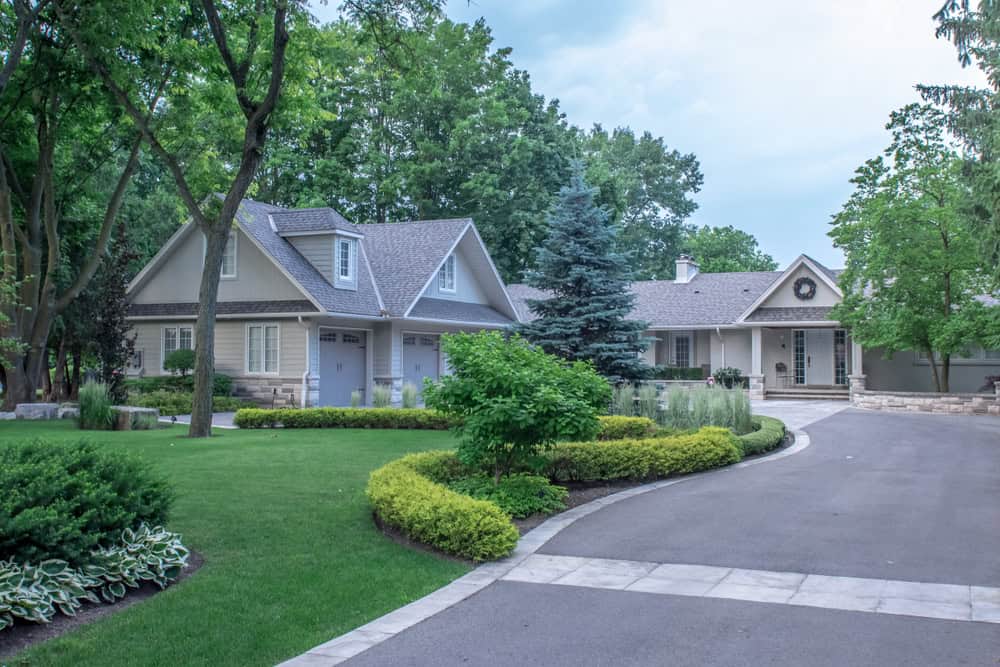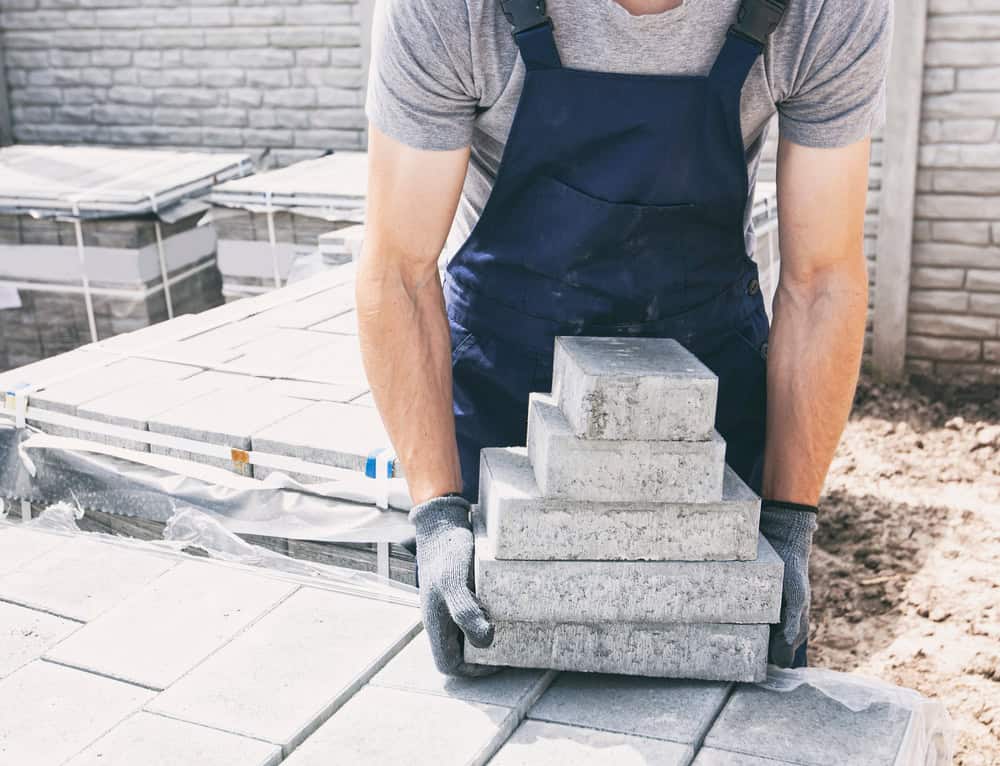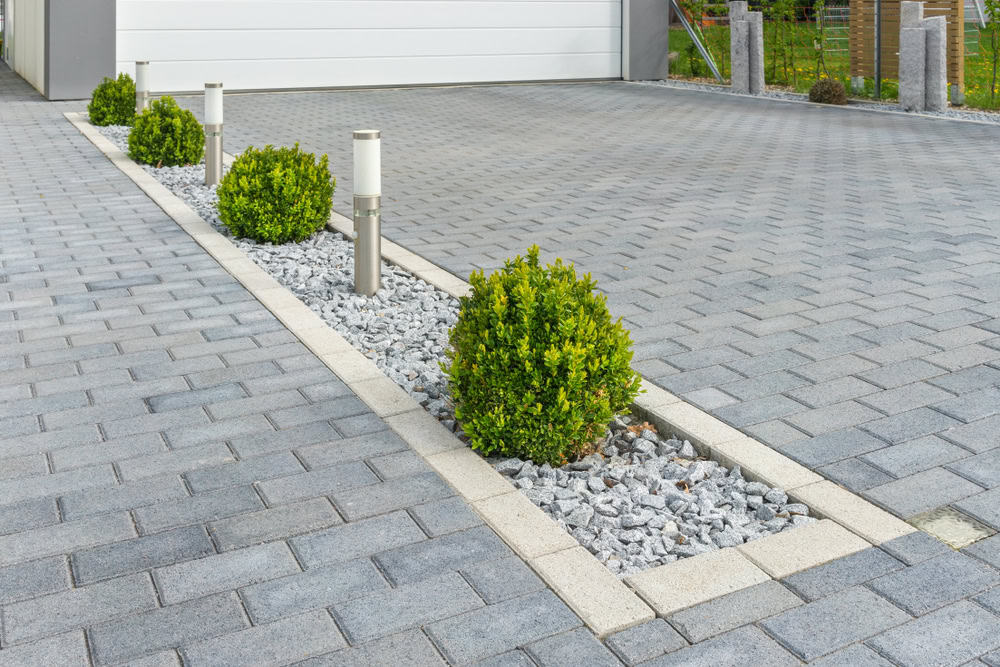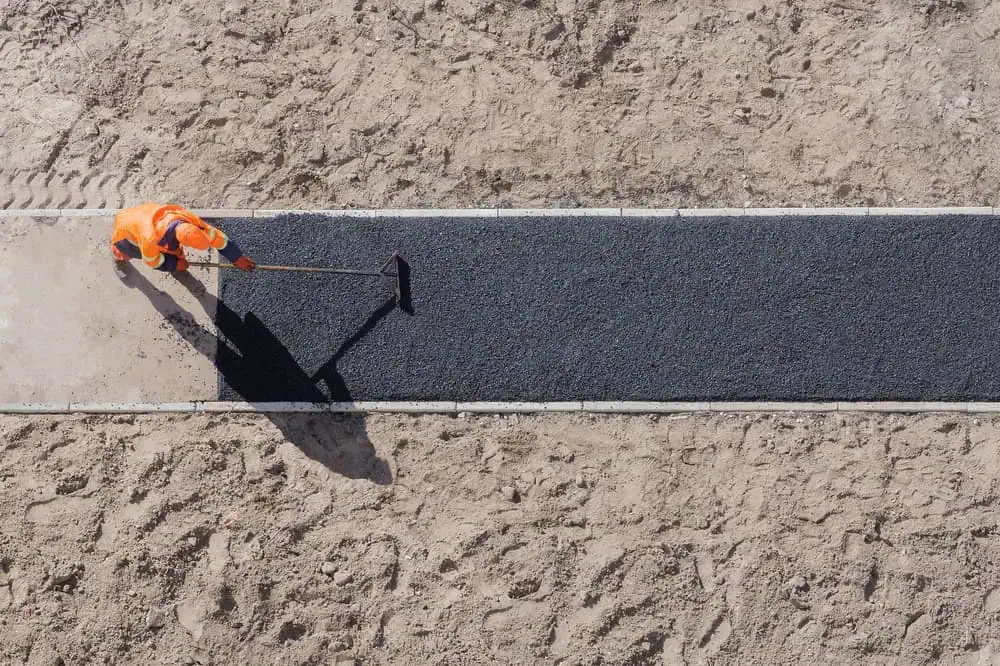Professional paver installation with proper base prep, drainage planning, and materials that won’t crack when winter hits.


You want a patio or walkway that looks great now and stays that way. Not one that starts settling after the first winter or develops those annoying weeds growing through the cracks within a year.
That’s what proper paver installation gets you. A surface that handles Massachusetts freeze-thaw cycles without shifting. Drainage that actually works, so you’re not dealing with ice patches or standing water. Materials chosen specifically for our climate, not just whatever looks good in the showroom.
Your outdoor space becomes something you actually use instead of something you worry about. Friends notice. Property value reflects the quality. And you’re not calling contractors back to fix problems that shouldn’t have happened in the first place.
Academy Masonry has been handling paver installations throughout West Roxbury for years. We understand the soil conditions here, the drainage challenges that pop up, and exactly how to prep a base that won’t shift when the ground freezes.
You’ll work with the same crew from start to finish. No subcontractors showing up who don’t know the plan. No disappearing acts halfway through your project.
We’re the masonry contractor your neighbors call when they want pavers done right the first time. Local references available, and we’re happy to show you recent work in the area.

First, we assess your space and discuss what you’re looking for. We’ll talk drainage, material options, and realistic timelines based on your specific property conditions.
Next comes excavation and base preparation. This is where most problems start if it’s done wrong. We excavate to proper depth, install drainage where needed, and create a compacted base that won’t settle. The base work determines whether your pavers stay level for decades or start shifting within a few years.
Then we install your pavers with proper edge restraints and joint sand. We check levels throughout the process and make sure everything’s locked in place. Final cleanup leaves your property ready to use, not looking like a construction zone.

Ready to get started?
Every paver installation includes site evaluation, excavation, proper base preparation, drainage solutions where needed, professional installation, and thorough cleanup. We handle permits if required and coordinate material delivery timing.
You get material recommendations based on your specific use case and budget, not just what we have the most markup on. We source from established suppliers who stand behind their products. Installation comes with our workmanship warranty because we’re confident in how we do the work.
West Roxbury properties often need specific attention to drainage and base prep due to local soil conditions. We factor that into every project from the start, so you don’t discover expensive surprises later. Your project gets done right, on schedule, and within the budget we discussed upfront.
